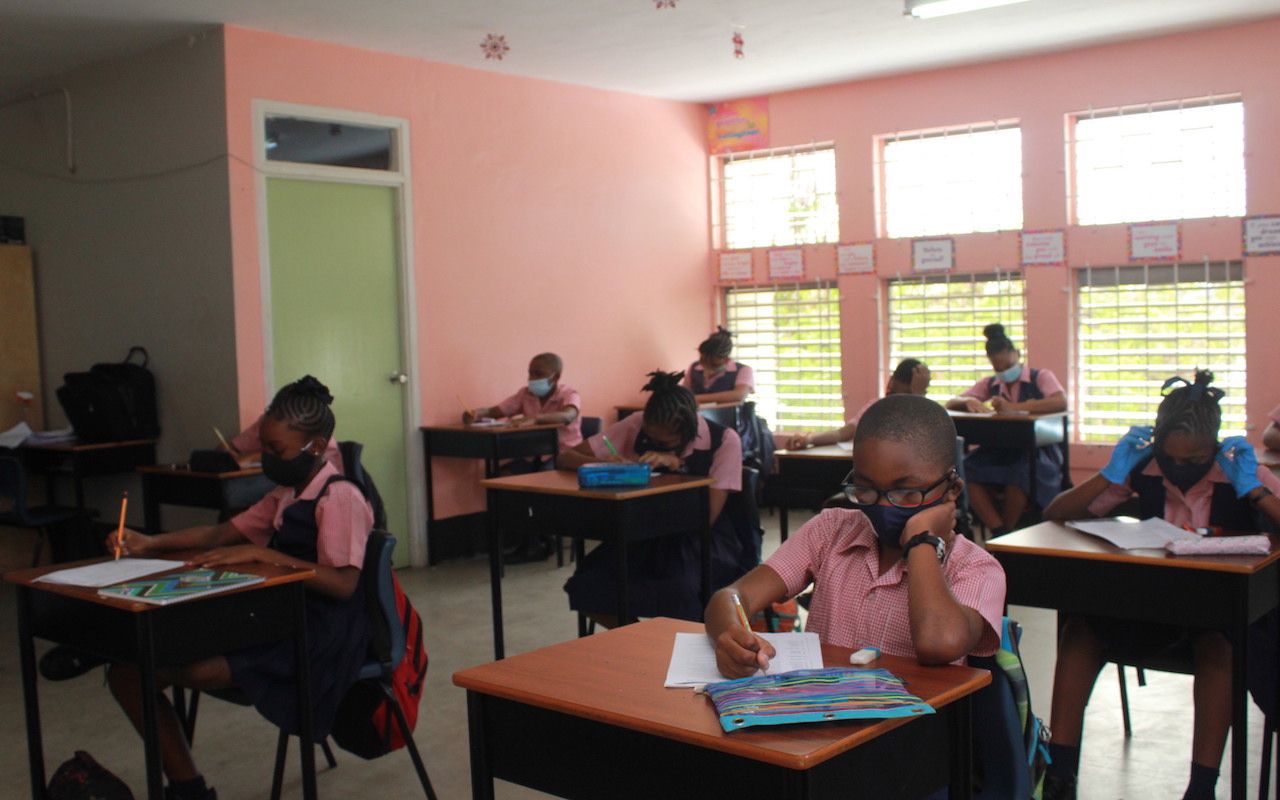Disclaimer: The views and opinions expressed by the author(s) do not represent the official position of Barbados TODAY.
“Assessment is today’s means of modifying tomorrow’s instruction.” – Carol Ann Tomlinson
“The whole purpose of education is to turn mirrors into windows” – Sydney J. Harris
“Education is not the filling of a bucket, but the lighting of a fire.”- W. B. Yats
I have been observing the ongoing debate on education reform in Barbados with some trepidation as it appears from a distance to be going down the wrong track. The proposals appear to be focusing too much on the elimination of the primary matriculation test also known as the 11-plus exam and not seemingly taking into account the many positives in the current system. We need to be sure that we are not discarding something valuable along with the undesirable or in other words “throwing out the baby in the bath water”.
The logical approach to planning necessitates first and foremost proper stakeholder and problem analyses especially in terms of cause and effect or we end up treating symptoms (effects) rather than the root causes. Based on what I have seen and heard it would seem that such an analysis of our current education system has not taken place.
There can be little doubt that our education system needs reforming, the question is: what are the major problems that need solutions? The following are a few of the key education system problems (the experts can identify many more):
1. The academic marginalization of Barbadian male school children;
2. Transporting school children far distances from their home wasting too much time on a school bus with the development of an obnoxious “bus culture”, empty playing fields, and inadequate “homework”;
3. Producing primary school graduates who cannot read, (not the norm). Is the number of well-rounded graduates acceptable? If not, why not?
4. Failure to “weed out” the small portion of poorly performing teachers, which unjustly reflects on all teachers. Are we going to put “old wine in a new wine skin”?
If these problems are not being addressed by the reform proposals, we will be “spinning top in mud”. It would seem that there is not enough focus on improving the primary level education but rather on trying to correct the inadequacies emanating from the primary level in the first years of the secondary school. Even with this proposal a Primary Matriculation Assessment or test is a necessity to identify these inadequacies.
The fact that we have used the 11-plus incorrectly in the past does not mean that such an assessment should now be abandoned. It was reported in the Financial Times of London back in 2013 that every country which had scrapped their 11-plus or similar primary school matriculation test had subsequently witnessed a significant decline in academic performance. In other words, such exams or assessments were motivators for improved academic performance.
Can we afford to scrap our primary matriculation test because: we do not like it; it puts too much pressure for academic improvement on some primary students; it is too much of a chore for our teachers and education officials; or it is too difficult for a tiny minority of our primary school children?
Can we allow such a minority to dictate the future of all the rest? Is it possible that we were using the exam in the wrong way, to place students rather than to determine needs, strengths and weaknesses?
What is the point of jumping to some fancy “solution” without undertaking the needed analysis and approach that would give stakeholders some confidence that the proposed action will achieve the desired result and not just be papering over the problems for an improved cosmetic appearance and a convenient administrative direction?
Round and round we go….
Peter Webster is a retired Portfolio Manager of the Caribbean Development Bank and a former Senior Agricultural Officer in the Ministry of Agriculture. ]]>




